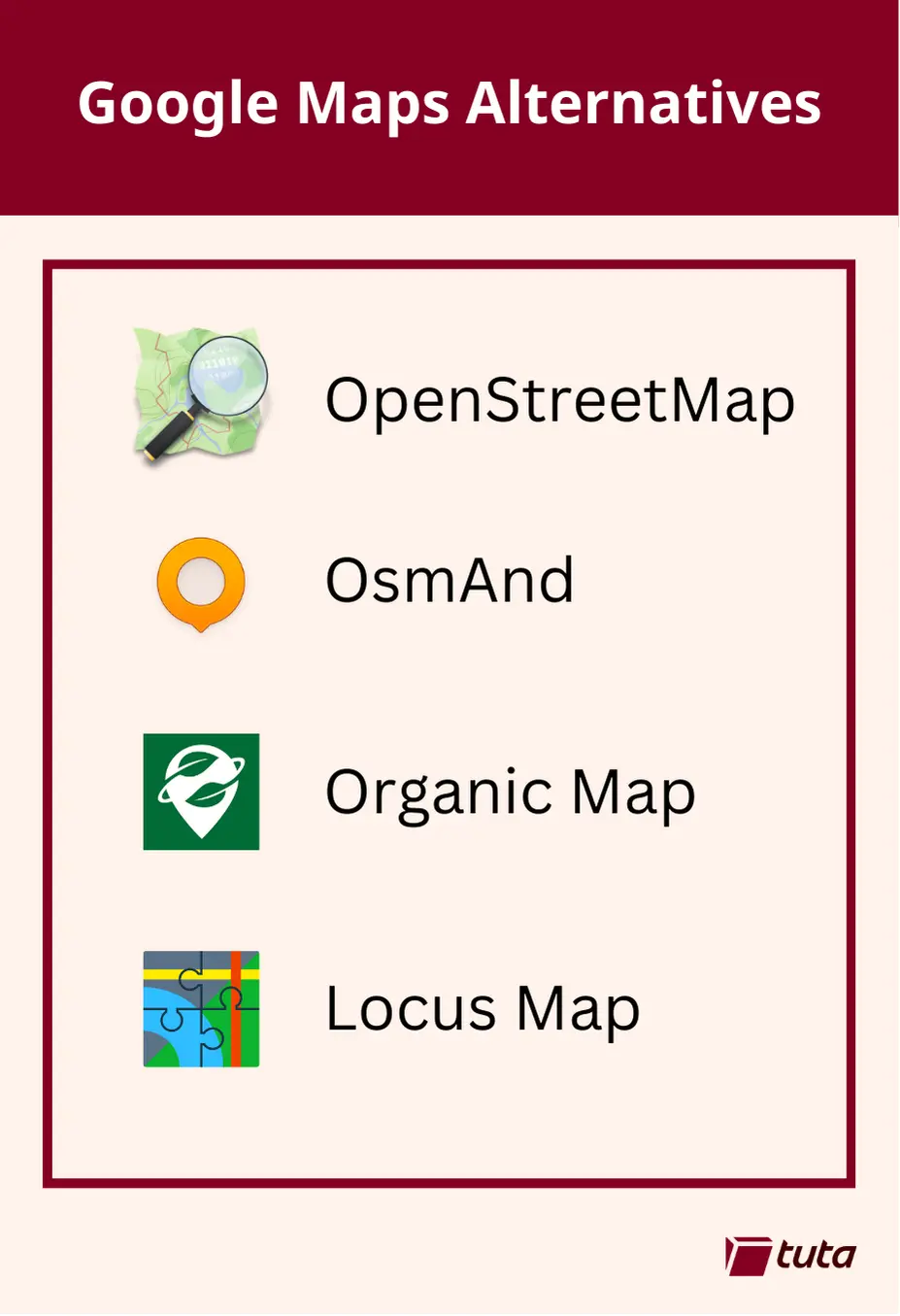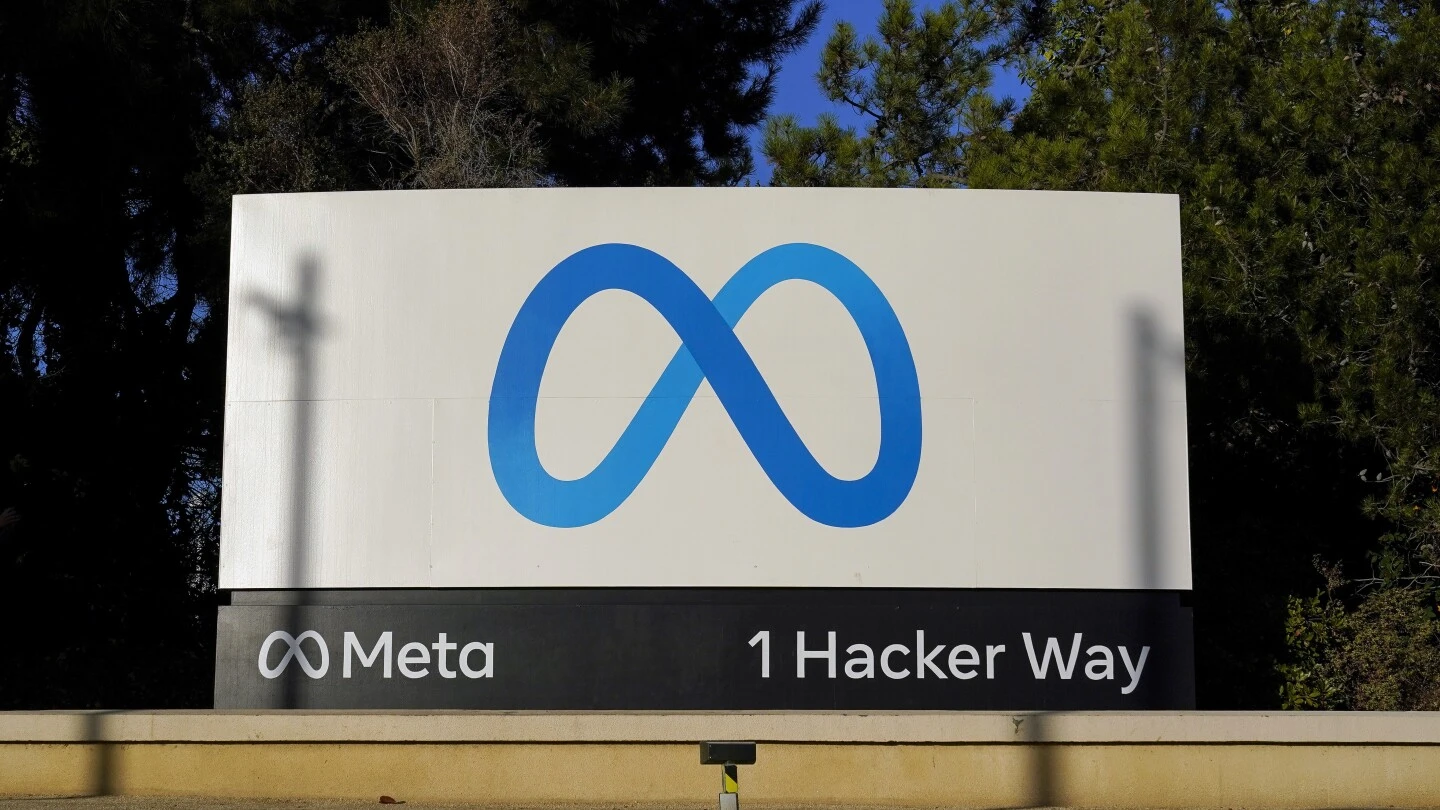GrapheneOS now officially supports Pixel 9, 9 Pro, and 9 Pro XL | GrapheneOS is a private, secure mobile operating system with Android app compatibility, developed as a non-profit open source project
GrapheneOS now officially supports Pixel 9, 9 Pro, and 9 Pro XL
https://9to5google.com/2024/08/26/grapheneos-now-officially-supports-pixel-9-9-pro-and-9-pro-xl/
The super privacy-focused third-party ROM, GrapheneOS now officially supports the Google Pixel 9, 9 Pro, and 9 Pro XL.

How Americans View Data Privacy
How Americans View Data Privacy
https://www.pewresearch.org/internet/2023/10/18/how-americans-view-data-privacy/
The share of Americans who say they are very or somewhat concerned about government use of people’s data has increased from 64% in 2019 to 71% today. Two-thirds (67%) of adults say they understand little to nothing about what companies are doing with their personal data, up from 59%.

How to Promote Phishing and Scam Awareness
Just wondered how others promote threat awareness for friends, family, co-workers, and clients.
Every few weeks I email a half dozen employees & family members explaining one or other phishing attempt I've seen, just to keep it in peoples minds.
I heard someone else talking about a kind of email pen-testing service you can sign up for and they send scammy emails to see if the recipient falls for it. Seems like a great idea but only viable for me if it's very cheap.
I could link to something on privacyguides.org in my email footer but I think that's just virtue signalling more than anything actually useful.
The spies in your home: How WiFi companies monitor your private life
The spies in your home: How WiFi companies monitor your private life
CreepJS - Creepy device and browser fingerprinting
CreepJS
https://abrahamjuliot.github.io/creepjs/
GrapheneOS's post on Mastodon discusses the flaws with Google's Play Integrity API
GrapheneOS (@GrapheneOS@grapheneos.social)
https://grapheneos.social/@GrapheneOS/112878067304840664
https://arstechnica.com/gadgets/2024/07/loss-of-popular-2fa-tool-puts-security-minded-grapheneos-in-a-paradox/ The article unfortunately leaves out most of the points we made in the thread. GrapheneOS supports hardware-based attestation and it's entirely possible for Google to allow it as part of the Play Integrity API. They choose to ban using GrapheneOS.
What should I do when I see headlines about personal data getting breached? How do I keep such info off the internet?
Like when I read 3 Billion National Public Data Records with SSNs, Addresses Dumped Online, am I supposed to access that data dump or something to see if I got pwned? Are there equivalents to haveibeenpwned.com for this type of stuff? Any guides on what to do when these happen? I feel like I'm doomscrolling or watching the news, and feeling depressed about the world as a result because I should be doing something but I can't or it seems like I can't.
Even though I know better than to put such personal info online, but that doesn't eliminate the odds of them getting into breaches like these, and having started to be careful about digital privacy has opened my eyes to the sad state of privacy.
Here are the best Google Maps alternatives for finding your way: With a number of community-driven, open-source mapping projects, picking a navigation app without ads or tracking has never been easier
Looking to drop Google? Here are the best Google Maps alternatives for finding your way.
https://tuta.com/blog/google-maps-alternatives-foss
With a number of community driven, open source mapping projects picking a navigation app without ads or tracking has never been easier.

Google ads push fake Google Authenticator site installing malware | The ad displays "google.com" and "https://www.google.com" as the click URL, and the advertiser's identity is verified by Google
Just a moment...
https://www.bleepingcomputer.com/news/security/google-ads-push-fake-google-authenticator-site-installing-malware/
Meta settles Texas privacy lawsuit for $1.4 billion over allegations that the tech giant illegally used facial recognition technology to collect biometric data of millions without their consent
Meta agrees to $1.4B settlement with Texas in privacy lawsuit over facial recognition
https://apnews.com/article/texas-attorney-general-meta-settlement-3ed4d9c3c3abc4494a3731eac8643e4e
Officials say Meta has agreed to a $1.4 billion settlement with Texas in a privacy lawsuit over allegations that the tech giant used biometric data of users without their permission.
